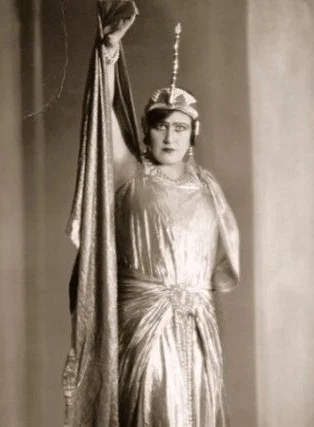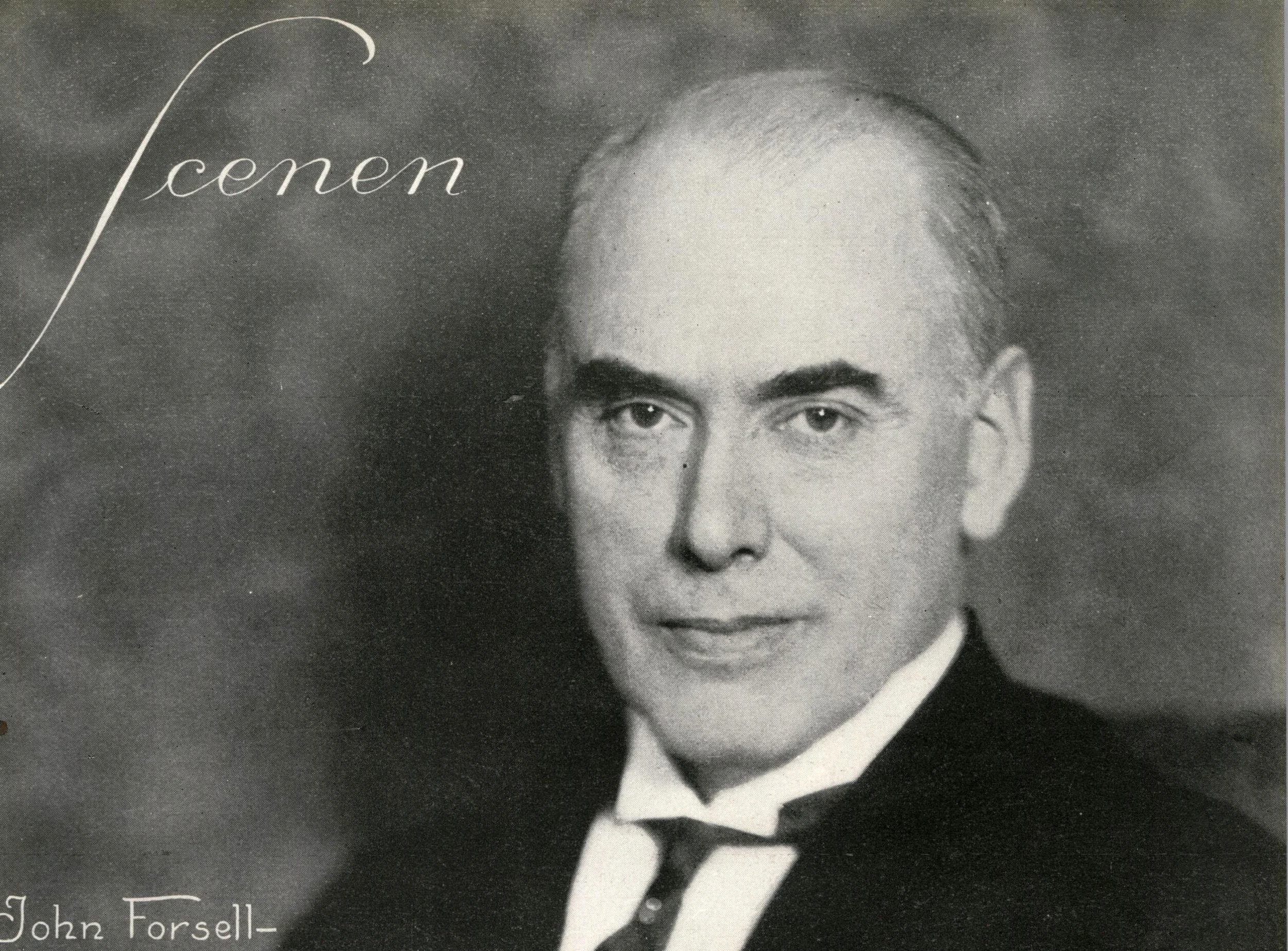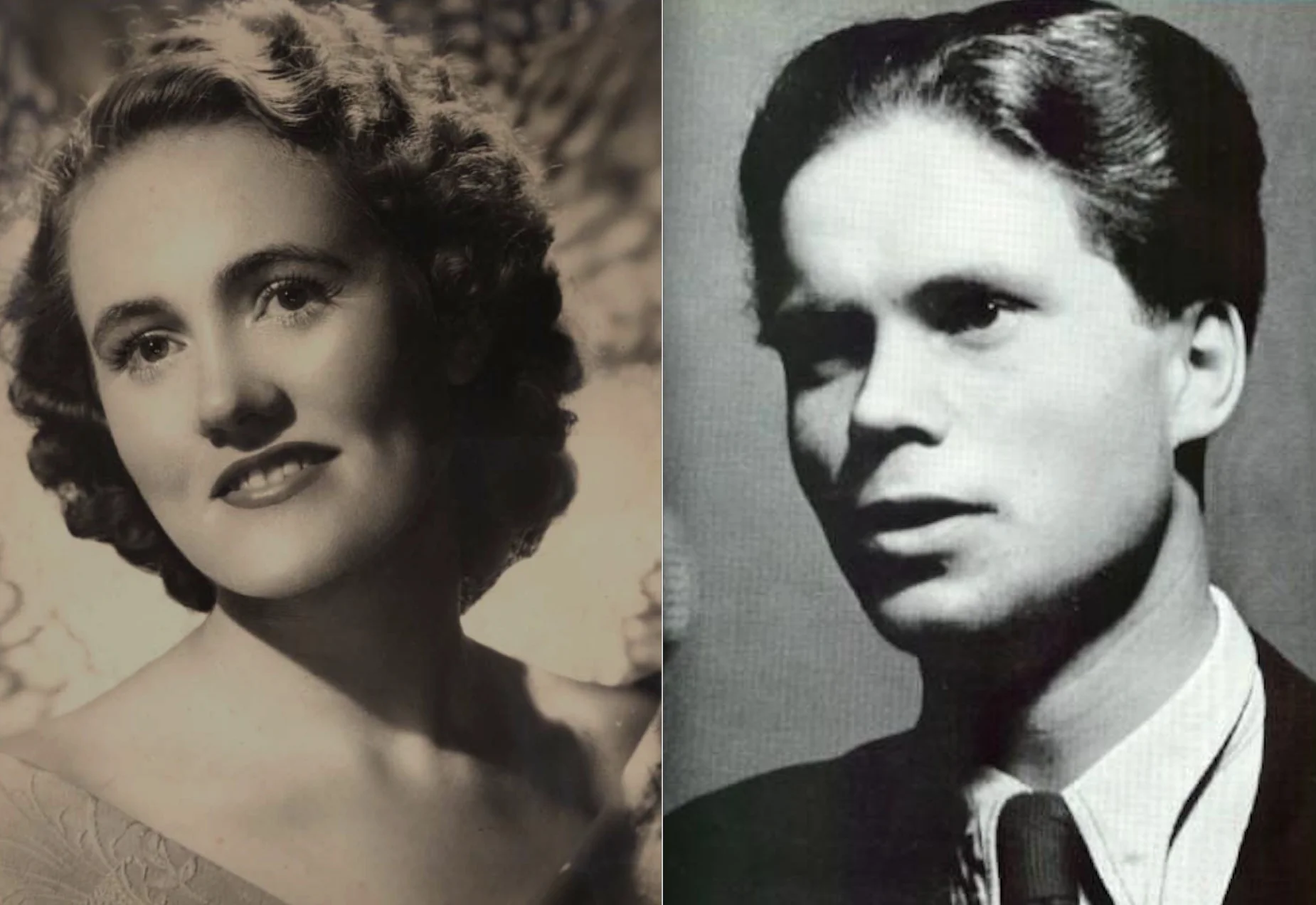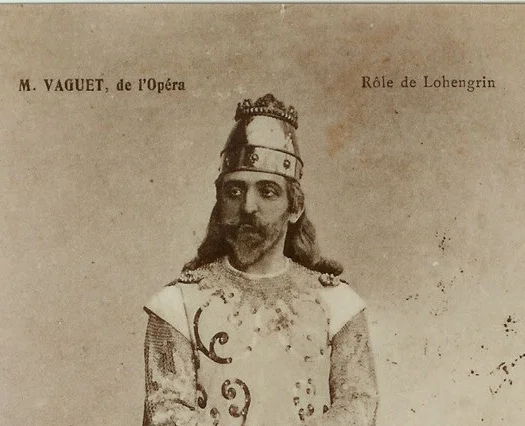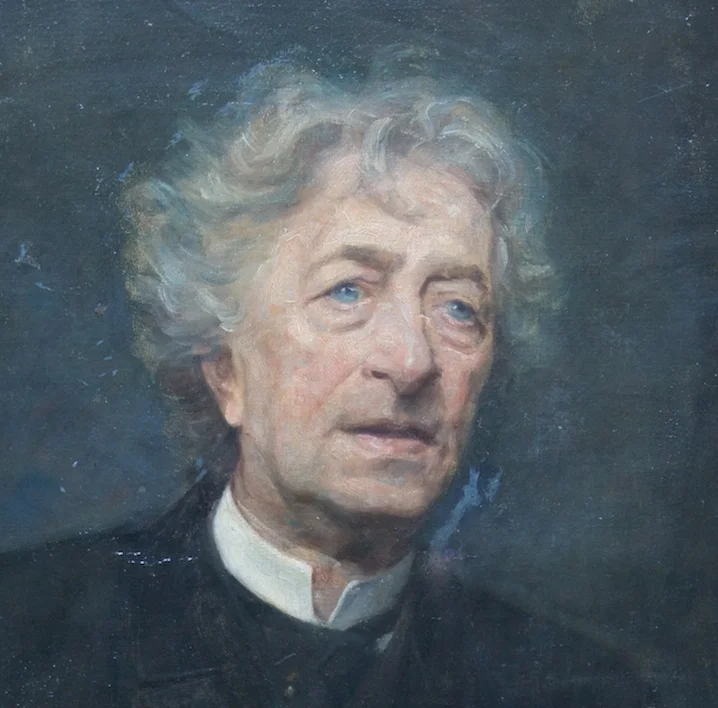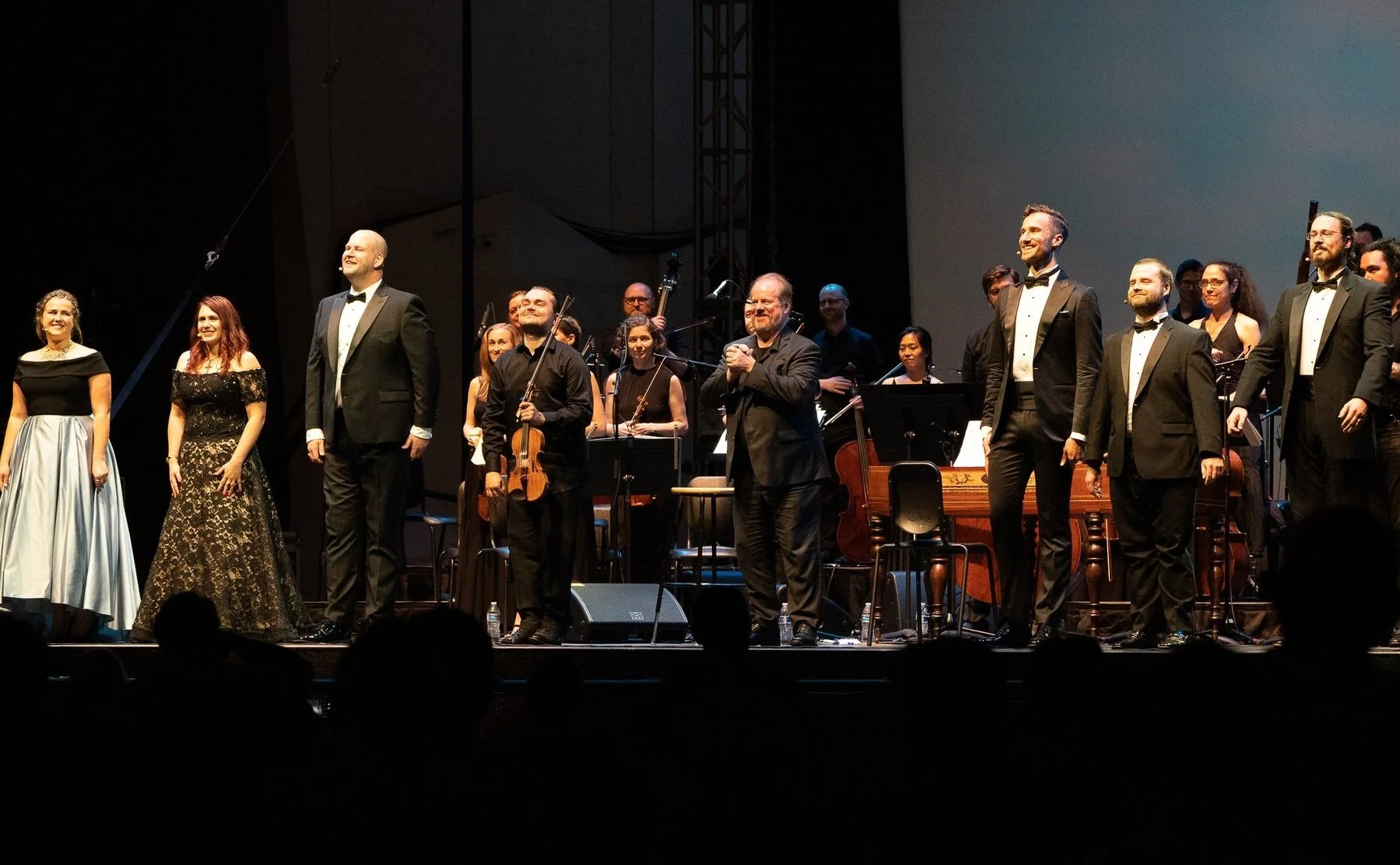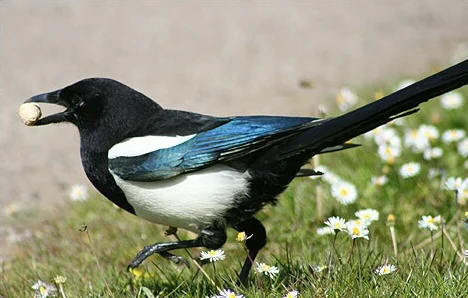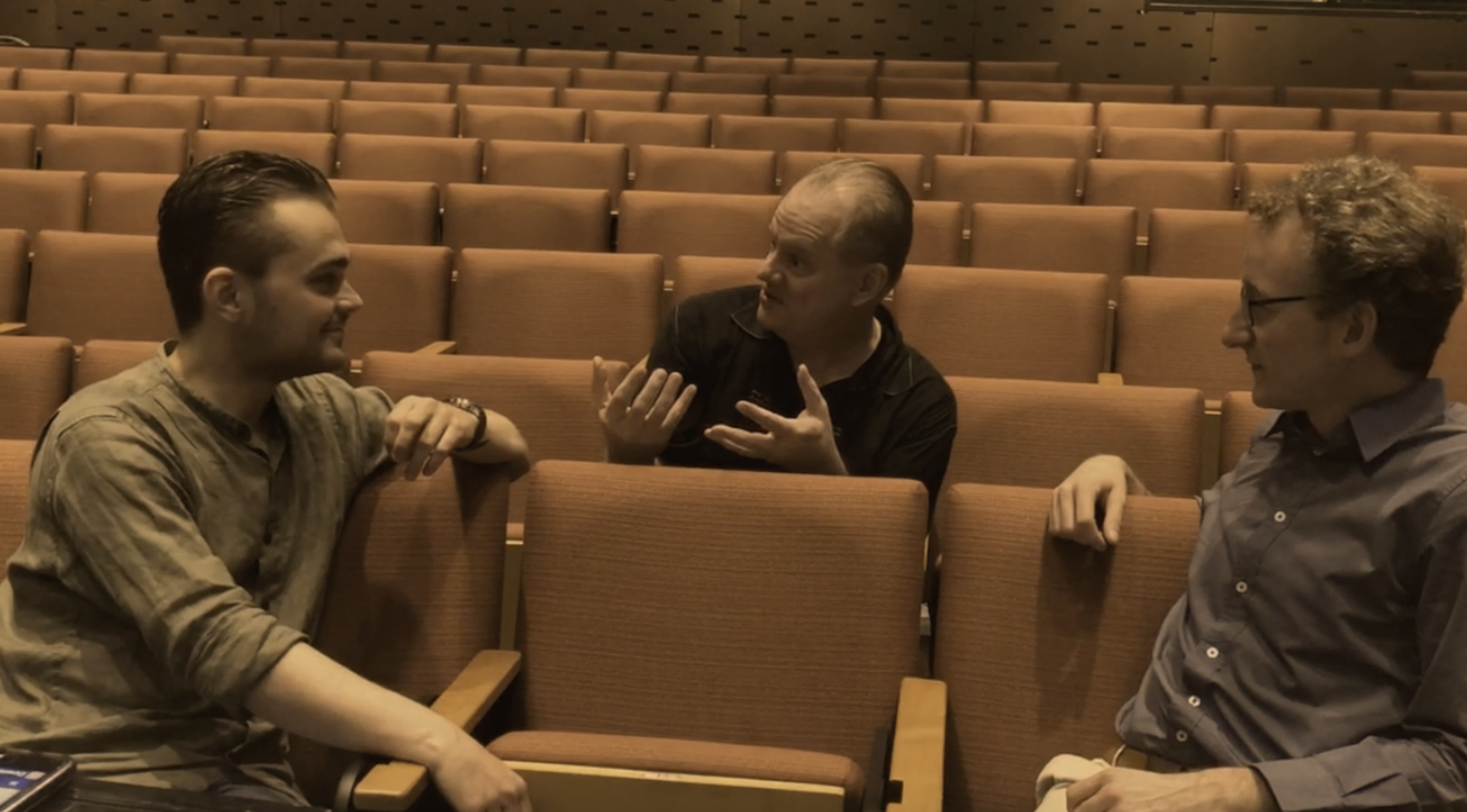La Bori
Bori as Norina
Here is a voice-type that has gone extinct. If we had to give it a named sub-category it might be “low lyric-coloratura,” except that she didn’t sing particularly low (avoiding the low A of Mozart’s Susanna, for instance). She also didn’t sing at all high, and that is the part that wouldn’t be allowed now. Which is a pity, because if there is a singer like Lucrezia Bori somewhere today and we’re not getting to hear her, we are missing out.
She was born in 1887 to the Spanish branch of an aristocratic family that spelled its name Borja. Her training and early career were Italian, but when she italianized her name she chose “Bori” rather than the form used by her ancestor and namesake, Lucrezia Borgia. Bori made her debut at 20 (Micaela in Rome), stepped into the Metropolitan’s Paris guest engagement two years later as Puccini’s Manon with Caruso and Toscanini, and two years after that reached the New York house itself, where her first-season roles were the same Manon plus Gilda, Nedda, Mimì, Antonia, and Norina. New York became her home base; she added Violetta, the other Manon, Mélisande, Despina, Alice Ford, Juliette, Iris, Louise, Magda in La Rondine, and several others to her Met repertory before retiring in 1936 (continuing in concerts for a while longer) after 654 performances there.
Here is a souvenir of her Norina from 1912, the year before she sang it with Toscanini in New York.
Every characteristic of her voice says “light soprano” to our ears: clear, “forward” vowels; narrow, quick vibrato; pinpoint attacks with no hint of “scoop”; phrasing for verve and delicacy rather than surge and heft.
But this makes two things seem strange. Voices that sound like hers (on the surface at least) don’t sing Pagliacci now. And voices that sound anywhere close to this are universally expected, in our present concept of vocal types, to thrive on a diet of high E-flat - but Bori never forced her delicious instrument to conquer anything beyond top C (plus a very few, very quickly touched C-sharps in florid passages). Here is Arditi’s “Il bacio,” which nobody would sing now without the plan of a high D at the end. Otherwise what’s the point? Maybe the lilt of the melody…
That’s still in “light soprano” territory, but here’s Nedda (Pagliacci), which she sings with wonderfully vivid expression.
Those clear vowels help the recitative speak. The pinpoint attacks do a lot for the brushoff line “son questi sogni paurosi e fole,” and the narrow, clean tone gives perfect embodiment to the youthful freedom Nedda has given up, and envies when she sees the flock of birds. In other words: she sings it in exactly the same voice she brings to Norina, and it works. She also sang it in exactly the same voice twenty years later, as heard on a noise-laden radio broadcast.
Bori, probably as Magda in La Rondine
Darkening of the tone? Zero. Wobble? Zero. Loss of fine motor control for those attacks? Zero. Signs of wear and tear? Well, perhaps the top notes, never her strong suit, became thinner. But the best description of her voice in her mid-forties, relative to that of her mid-twenties, is “unchanged.” She was still singing Norina on stage at the time, and if we had a broadcast of that I bet it would be a delight.
Just for fun, here is a fragment covering an even longer span: a bit of Mimi’s delicate first-act narrative, from Bori’s first recording session in 1910 and her last known broadcast in 1937.
What does all this tell us? For one thing, we over-emphasize high notes. Sure, they’re great in the voices that have them with beauty and ease, but there are other things just as important, or more important, in singing. A voice like Bori’s today would probably be obliged to turn towards “lyric mezzo” repertory, and might not flourish there, whereas her bread and butter in real life were Mimì, Manon, and (with a semitone transposition at the end of Act One) Violetta. And there was room in the opera world for various voices similarly constructed. The high notes could be heard some other night.
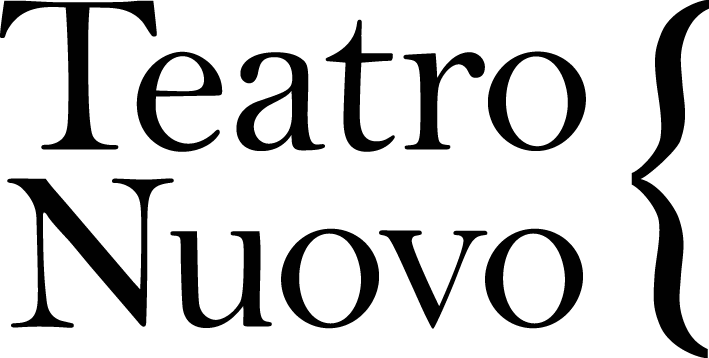













![Image 2 - Henry T. [Harry] Burleigh - Detroit Public Library.jpeg](https://images.squarespace-cdn.com/content/v1/596bb4e703596e837b624445/1591713684327-N7HW488JSZ7EN8T5AJSR/Image+2+-+Henry+T.+%5BHarry%5D+Burleigh+-+Detroit+Public+Library.jpeg)







